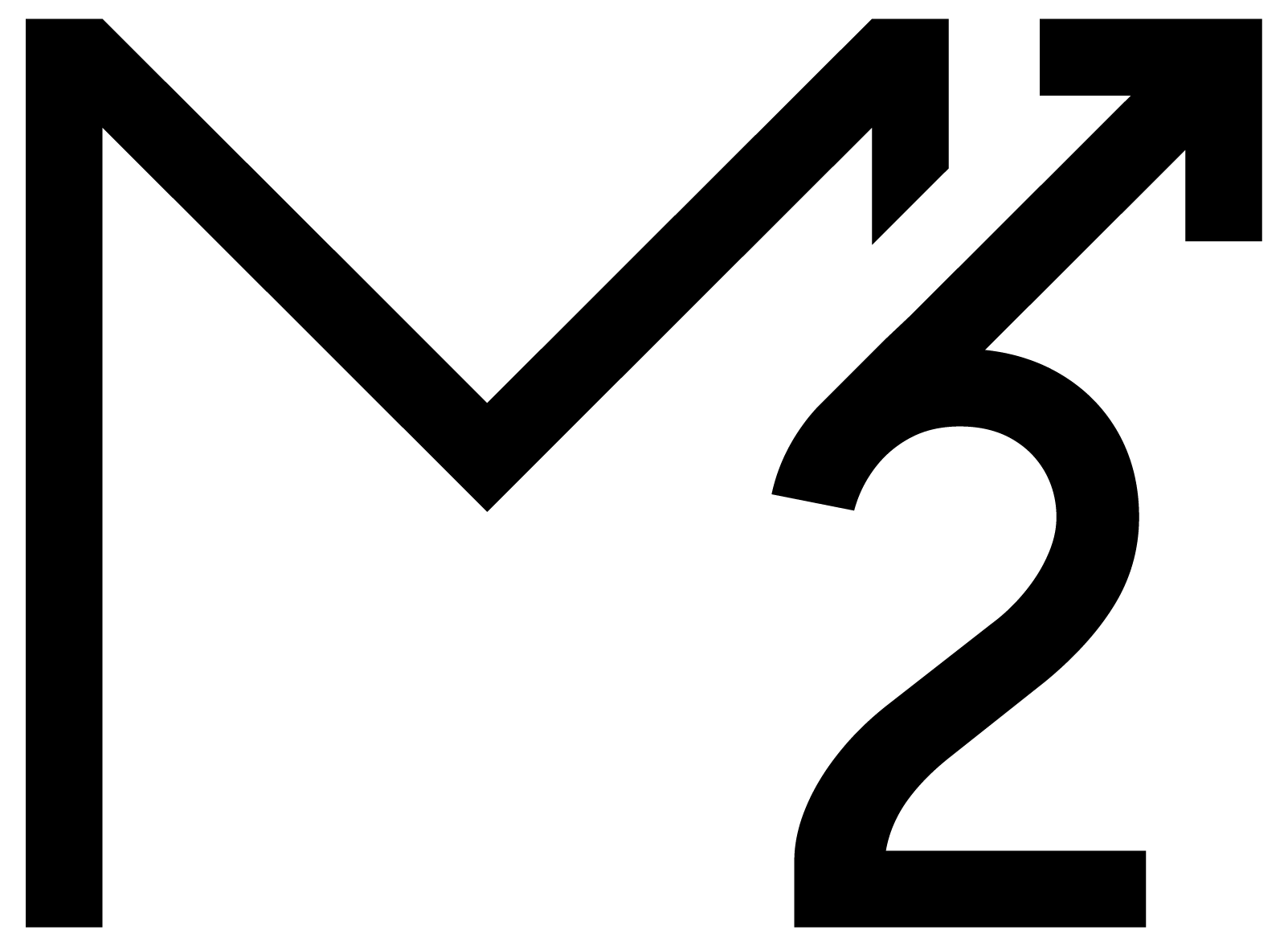If you’re reading this, you’re probably wondering if a ROTH IRA is the right move for you. We get it, there’s a ton of conflicting advice out there. Some “experts” say it’s always the best option, while others warn you to think twice. Let’s ditch the suits and talk about what actually matters when deciding whether to fund a ROTH IRA.
The Basics: What’s a ROTH IRA, and Why Should You Care?
A ROTH IRA is a retirement account with a twist: you pay taxes on the money you put in now, but when you take it out in retirement, it’s tax-free. That’s right, no more “pound of flesh” for the IRS when you’re ready to enjoy your hard-earned savings. Compare that to a traditional IRA, where you get a tax deduction upfront but pay taxes later, often at a rate you can’t predict. The ROTH lets you pay your dues now and walk away, with no additional taxes due later. Sounds simple, but there’s more to the story.
Why the ROTH IRA Isn’t Always a Slam Dunk
Funding a ROTH IRA isn’t a one-size-fits-all solution. We’ve seen plenty of retirees with millions in traditional IRAs who feel “cash poor” because every withdrawal comes with a hefty tax bill. They did everything right. They saved diligently and invested wisely, but now they’re stuck figuring out how to get their money out without getting crushed by taxes. The ROTH IRA can help avoid this, but only if it fits your unique situation.
Key Questions to Ask Before Funding a ROTH IRA
- What’s Your Current Tax Bracket?
If you’re in a low tax bracket now, paying taxes upfront for a ROTH might make sense. But if you’re having a banner year and find yourself in a high bracket (think 32%+), it could be smarter to stick with a traditional IRA for now and consider converting to a ROTH in a lower-income year.
- What Will Your Tax Bracket Be in Retirement?
Don’t just focus on this year, you need to think long-term. If you expect to be in a lower bracket when you retire, a traditional IRA might save you more. If you’ll be in a higher bracket, the ROTH could be a lifesaver.
- Are You Planning to Leave Money to Charity?
If you’re never going to spend some of your IRA money and plan to give it or leave it to charity, skip the ROTH conversion. Charities don’t pay income taxes, so converting to a ROTH is pointless in this scenario.
- Do You Need Flexibility?
Life changes. Some years you’ll want the tax deduction from a traditional IRA, other years the ROTH’s tax-free growth will be more appealing. You don’t have to lock yourself into one strategy for life. Pivot as your situation changes.
The Power of Financial Projections
Don’t just throw numbers into an Excel sheet and call it a day. Real financial planning means projecting asset growth, understanding how your investments are allocated, and factoring in the tax nature of each account. Your ROTH and traditional IRAs should be invested differently, and that impacts your long-term results. You need a methodology that accounts for risk, growth, and the range of possible outcomes, not just a single “target” return.
Conclusion: Ditch the Myths, Do What’s Right for You
Funding a ROTH IRA can be a powerful tool, but it’s not always the answer. Take the time to understand your tax situation, project your future needs, and consider your legacy plans. If you’re unsure, work with a financial planner who understands both tax and financial planning. Avoid so-called advisers who want to sell you a product. The goal is to make decisions that empower you, protect your money, and give you confidence for the future.
If you want to dig deeper or have questions about your specific situation, reach out. We’re here to help you get the most from your money and your life. Let’s make smart choices together.
This blog post is provided by Ditch the Suits Podcast in support of Money Milestones’ mission of helping people get access to high-quality financial guidance no matter their income level or life stage.
This material is for educational purposes only. It is important to seek the guidance of a licensed financial professional before making any investment or financial decisions


